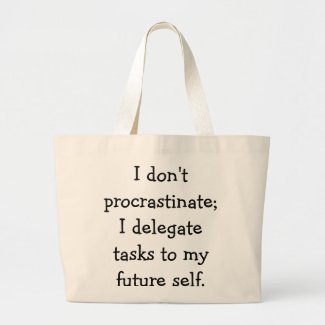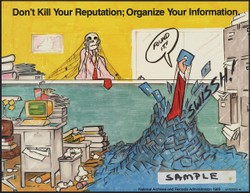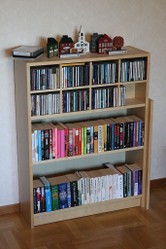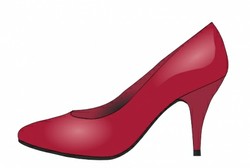In the United States, professional organizers can be certified by two different standards agencies, but both agencies require hundreds of hours of paid work as an organizer before they can achieve their certification. Therefore, hiring an organizer who is working towards their certification may be cheaper at an hourly rate, but that person may take longer than someone who is certified and charges a higher rate, and therefore the certified organizer may end up costing less overall. And, not all organizers follow the rules once they are certified, so a personal interview with your chosen organizer is necessary.
You will need to identify your worst problem areas: you want to know what isn't working for you now, and what you want to work better. If, for example, your kitchen and bedroom are the worst areas, that is where you will want to start, but understand that the process will work best if you do your entire living space, because as things in one part of the house get rearranged, they may end up moving to other parts of the house where they will function better.
You will also need to know your primary sensory modalities, so that any changes in organization can be documented, and your organizer needs to know how to make your stuff findable to you, not just to him or her. There's no worse feeling than forgetting where something is in an organized house!
Another way that will help you work with your organizer is to understand how you arrange objects in your mind. People who use primarily visual modalities for thinking may group things by color, appearance, or size, and may work best if all the blue things are near each other. People who use primarily auditory modalities may work best if things with names that sound alike are near each other, and people who use primarily kinesthetic modalities may understand the relationship of things to each other by weight, texture, space where it is used, etc. All of these factors figure in to how organization will work best for you.
And yet another way to help your organizer help you is to understand your process of working on a project. If you are primarily a visual person, it may be important to you to have all the parts of a project laid out where you can see them all at once.





 My Experience with KaiZenon 04/19/2016
My Experience with KaiZenon 04/19/2016
 How to Use Your Car Cigarette Lighter: Fun, Ridiculous and Useful Aftermarket 12-volt Accessorieson 10/03/2015
How to Use Your Car Cigarette Lighter: Fun, Ridiculous and Useful Aftermarket 12-volt Accessorieson 10/03/2015
 Why Use NextDoor?on 07/13/2015
Why Use NextDoor?on 07/13/2015
 Food Network Toaster Reviewon 06/12/2015
Food Network Toaster Reviewon 06/12/2015


Comments